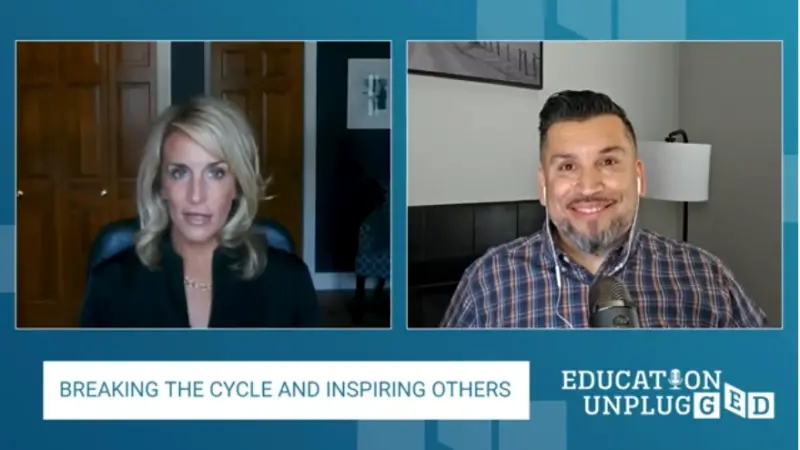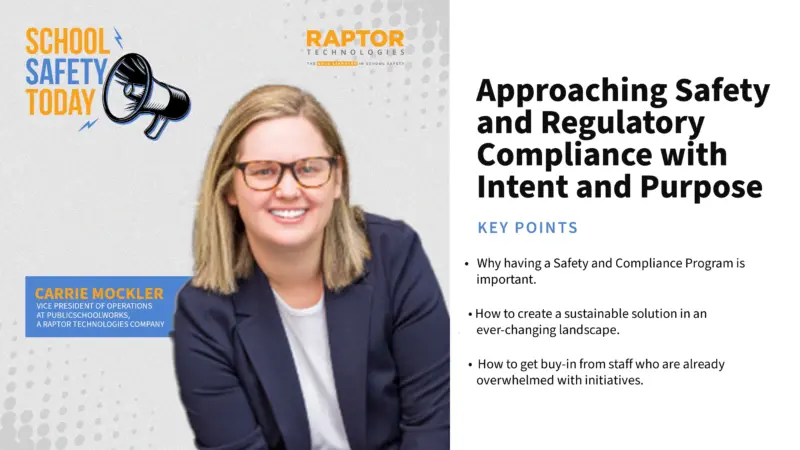The Unspoken Traumas of Law Enforcement
In the demanding realm of law enforcement, a stark reality often lurks behind the badge, one that goes unnoticed but leaves deep scars. Today, we dive into a powerful conversation with Mike Barry, a seasoned law enforcement specialist, shedding light on a pressing issue that has remained in the shadows for far too long – the mental health crisis within the ranks.
Our discussion with Mike Barry, hosted by Mike Matranga, CEO of M6 Global Defense, uncovers a profound insight: “You know, And it’s the same thing that I say about behaviors of people. The body and the actions will tell you what someone’s intentions are. Stop paying attention to the words, right? Because the words will lie and deceive. But the actions of an individual over a period of time will always reveal what their intentions are.” These words strike at the heart of the matter. Behind the stoic façade that law enforcement often presents to the world, a hidden battle with mental health issues rages.
As we delve into the podcast transcript, we witness the raw reality of a law enforcement career. We discuss traumatic cases like that of Baby Grace, where words fall short to describe the horrors that officers like Mike Barry witness. We confront the stark truth that, despite their unwavering dedication, many in law enforcement rarely receive the mental health support they so desperately need. The discussion revolves around the need for cultural change, a shift towards recognizing the humanity behind the badge.
Mike Matranga and Mike Barry share stories of their collaboration and the unique challenges they’ve faced together. They discuss the toll the job takes on mental health and the urgent need for better support systems. Through their experiences, they emphasize the critical importance of addressing the mental health crisis within the law enforcement community.
This write-up is not just a recounting of a podcast; it’s a call to action. It’s an urgent plea for society to acknowledge the silent struggles of those who serve and protect. It’s a demand for change, for mental health support systems that safeguard the emotional well-being of our first responders.
This episode of SecurED, “The Unspoken Traumas of Law Enforcement” is not just a headline; it’s a wake-up call. It’s a rallying cry to create a world where those who protect us are, in turn, protected. Join us in unveiling the truth, spreading awareness, and taking action to support the mental health of our law enforcement heroes.



